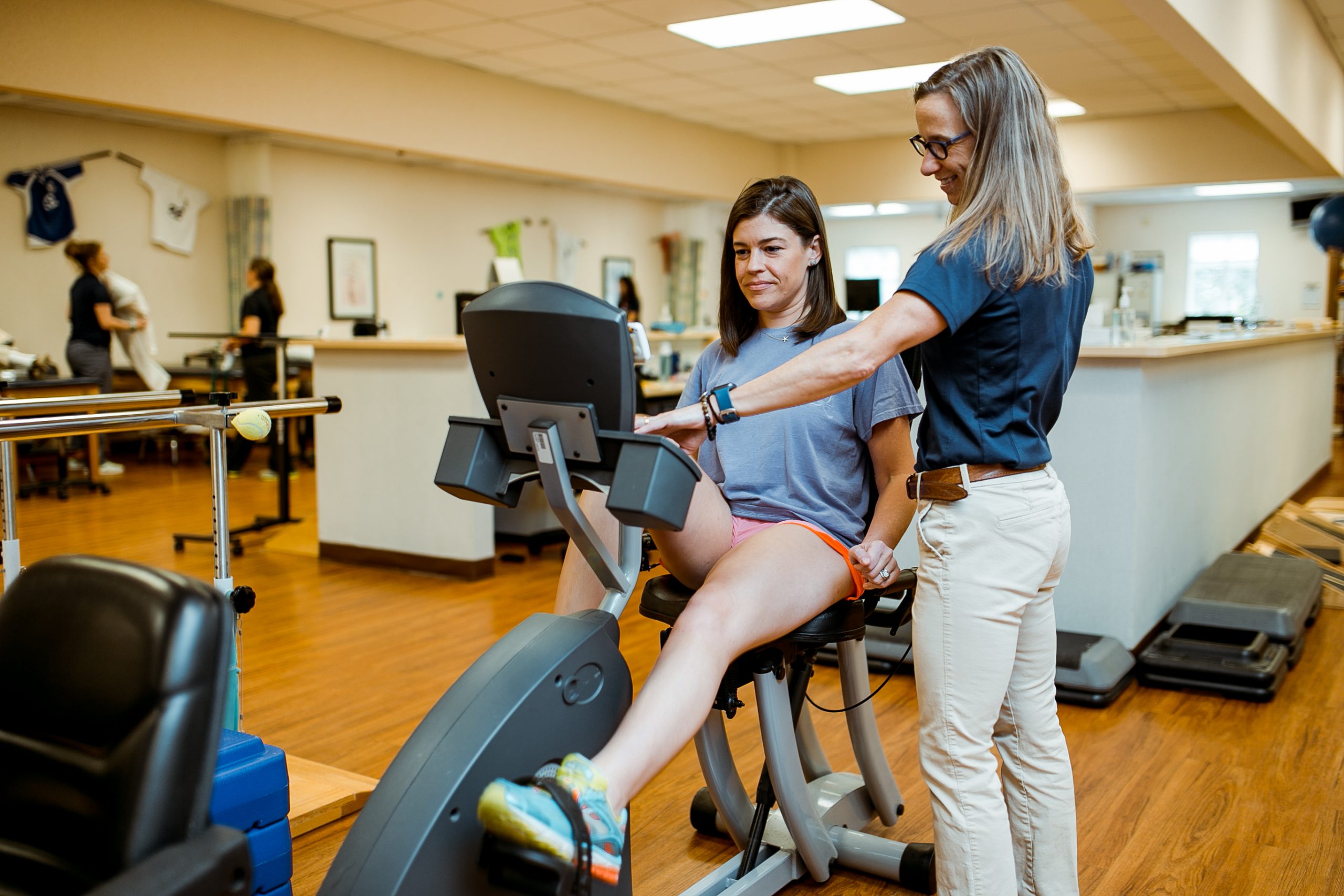Facilitating Recuperation Using Adapted Workout Regimens in Recovery Practices
Wiki Article
Recovery is an important procedure for individuals who have undergone surgeries, or other health conditions. Rehabilitation initiatives play a crucial role in assisting these patients to restore their strength, enhance mobility, and reintegrate to their daily tasks. Customized exercise planning is a key element of effective recovery. This means that workouts are specifically structured to meet the individualized needs of each person. By focusing on targeted therapy plans, recovery programs can accelerate recovery and support better wellness results.
One of the first stages in creating a customized exercise plan is assessing the individual’s status. Medical professionals perform evaluations to determine the specific limitations and capabilities of each person. This might include functional assessments, conversations about medical background, and goals for rehabilitation. For example, an sportsperson recovering from a leg condition may have different requirements than an elderly individual recovering from joint surgery. By recognizing these variations, practitioners can design an therapy program that targets the unique aspects of each case.

Incorporating various types of workouts is essential why not look here for effective recovery. Resistance training , mobility routines, and cardiovascular activities all serve important roles in rehabilitation. Resistance training assists rebuild muscle strength and improve endurance, which is especially important after long periods of sedentary time. Mobility exercises enhance joint mobility and prevent stiffness in articulations. Aerobic activities, like walking or biking, boost overall fitness and promote cardiac health. A well-rounded fitness plan that includes all these components can greatly assist in the recovery process.
Monitoring advancement is another essential element of rehabilitation initiatives with customized exercise prescriptions. As patients participate in their personalized routines, healthcare practitioners observe gains and make necessary adjustments to the plan. This continuous evaluation ensures that the exercises remain beneficial and suitable as the individual advances. Establishing defined milestones can also motivate individuals during their recovery process. Reaching incremental goals builds self-assurance and encourages persistence in adhering with the recovery regimen.
Ultimately, enhancing recovery through personalized fitness prescription requires collaboration between healthcare providers and patients participating in recovery. Clear dialogue is key to understanding how each person feels throughout their recovery process. By collaborating together, both parties can you can try here identify any obstacles and acknowledge achievements along the way. Tailored exercise plans not only assist patients recover physically but also contribute to their emotional well-being by fostering a feeling of accomplishment and self-reliance as they progress towards their wellness objectives.